Roundup on COP27-Lanka’s Climate prosperity plan report launched
Tharushi Weerasinghe, reporting from Sharm el-Sheikh, Egypt
As the third day of the Climate Conference on Sharm el-Sheikh came to a bustling end discussions on adaptation and loss and damage finance continued to take place.
In parallel, world leaders issued calls for increased climate action in the High -evel Segment, with some even joining in on the negotiations on funding arrangements for loss and damage.
Sri Lanka launched a Preliminary Report on the country's Climate Prosperity plan at a high level event with President Ranil Wickremesinghe who was joined by other regional and bloc world leaders under the Climate Vulnerable Forum.
Maldivian Speaker Mohamed Nasheed who, at his own expense, is a part of the Sri Lankan delegation in the capacity of an advisor to the President was also present along with other Sri Lankan delegates like Ruwan Wijewardene, Dr. R.D.S. Jayathunga, Prof. Buddhi Marambe and more.
National Statements continued to take place with country leaders making their case before the rest of the world on how and what their countries were going through and doing about the climate emergency.
President Wickremesinghe himself addressed Parties and listed the actions taken by government to address climate change which included but were not limited to becoming party to pledges and the implementation of conventions already established. He also expounded on capacity building measures like the establishment of a first of its kind International Climate Change University with an ancillary in Maldives.
The President also expressed his disappointment in the "chequered implementation" of the previous decisions and the backtracking of G7 and G20 countries into fossil fuels and the snail pace at which climate finance was coming into the coffers of developing countries. The long enduring consequences of colonisation and industrialization by the global north which placed the global south in "double jeapordy" needed to be compensated for, and compensated fast. He called upon like minded nations to meet at Ministerial Levels before COP28 set to be hed in UAE, to discuss the way forward in climate finance.
Climate Prosperity Plan - Prelim Report released
Sri Lanka's Climate Prosperity Plan Preliminary Report was released by President Ranil Wickremesinghe at the Climate Vulnerable Forum of COP27 earlier today. Speaking at the event the president outlined that Sri Lanka's economic recovery plan would be based on three principles - a highly competitive export economy, a digital economy, and a green economy. "We are extremely committed to the third principle," he said. we are now in discussions with the IF with a staff-level agreement already in place. He added that stabilizing the economy is only one part of the plan since living standards had dropped drastically. "We have to achieve the target of becoming a high-middle-income country by the end of this decade and a prosperous society by 2048 which is our centenary celebration of independence." The document outlines projects that will aim towards increasing Sri Lanka's renewable energy production from 35% to 70 by the end of the decade.
The Climate Prosperity Plan, according to President Wickremesinghe, marks a radical change in the trajectory of the Sri Lankan economy. With focuses on expanding logistics, tourism, services, modernized agriculture, and even industry manufacturing without polluting the CPP will be used to further the below 1.5 Celsius agenda adopted in Paris in 2015.
"Thus we will make sure our contribution is made and also hopefully be a pathfinder for other developing countries to move towards cleaner economies.
Climate prosperity plans are national investment strategies aimed at mobilizing finance for climate-vulnerable countries on the frontline of the climate emergency. The final report which is to be completed in 2023 and is now open for refinement by national and international consultations.
Former Maldivian President Mohamed Nasheed speaking at the event noted that projects under the Sri Lanka Prosperity Plan will be also listed under the Singapore Stock Exchange. "We hope that banks will assess these projects independently of Sri Lanka's current ratings as most of our countries are in debt distress," he added.
More Updates –
An ambitious Adptation Agenda called the Sharm el-Sheikh Adaptation agenda was launched in partnership with High Level Champions calling for countries to rally around 30 adaptation outcomes in order to bridge the adaptation gap and achieve a resilient world by 2030. High level spokespeople at the resulting press conference however were unable to give concrete responses on how these outcomes would be financed.
The contact group on long-term climate finance chaired by Belize and Austria saw Saudi Arabia, for the LIKE-MINDED GROUP OF DEVELOPING COUNTRIES (LMDCs) called upon the group for a clearer definition of the word "climate finance", noting that the report by the Standing Committee on Finance unduly emphasizes certain definitions that favor a small group of parties. Maldives on behalf of the Alliance of Small Island Nations noted that non-concessional loans were not climate finance and called upon developed nations to commit to an upward trajectory toward achieving their finance commitment; an implementation plan; and clarity on the definition of climate financing.
Meetings on the implementation of the Paris Agreement saw countries focusing on loss and damage funding with several countries calling upon new funding pathways for renewable energy transitions and climate resilience, in the form of a “fit-for-purpose” multilateral loss and damage response fund which should be designated as an operating entity of the Financial Mechanism and become operational by 2024.
Calls were made for mechanisms to address slow-onset economic loss and damage such as cultural heritage loss as a result of climate change-induced natural disasters. Recommendations for an immediate fund that would operate ex-post, focusing on rebuilding within 24-48 hours of a climate event were also made.
At discussions for a new collective goal on quantified climate finance goals, Ecuador on behalf of G-77/China noted that the described technical expert dialogues in 2022 were repetitive of long-standing issues and did nothing to advance the mandates at hand. Structured work programs and decision text structured around factors that will form the eventual decision in 2024 were recommended by Ecuador with a stark warning against last-minute political outcomes.
Developing countries called for a clear roadmap for work in 2023 and 2024 where guidance is concerned.
Parties disagreed on the necessity of an early agreement on the quantity or timeframe of the goal, whether the New Collective on Quantified Goals for 2023 applies worldwide or to developed countries only, the role of private finance, and the areas that require political intervention.
Various groups expressed willingness to submit draft decision text as a basis for conversations. A high-level ministerial dialogue on the NCQG will convene on 9 November and the contact group will reconvene on 10 November.
Discussions at the Subsidiary Body for Implementation held discussions on the shared concern about the low number of NAPs submitted, the need to facilitate access to adequate finance by developing countries, not only to formulate, but also to implement National Adaptation Plans, and to improve access to the GCF, and ensuring funding allocation covers the whole NAP process and is proportional to developing countries’ needs.
At the Clean Development Registry countries asked for clearer definitions and clarity on the role of host countries in approving the transition into clean practices but this was refused by two developing countries.
-
Still No Comments Posted.



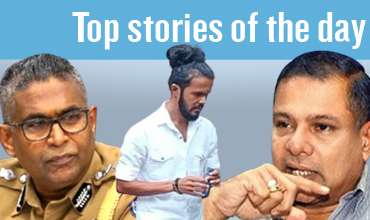

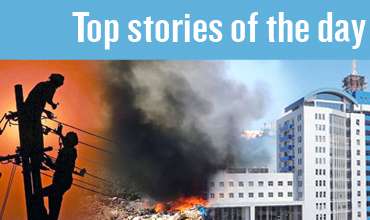
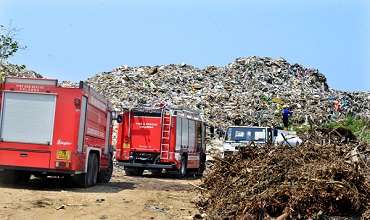
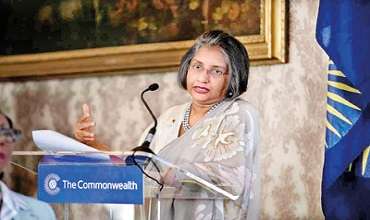
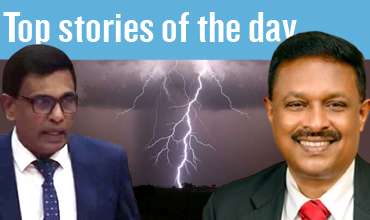
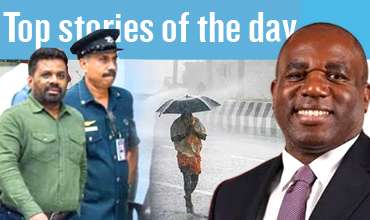
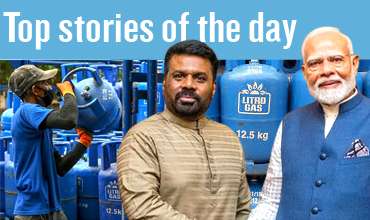
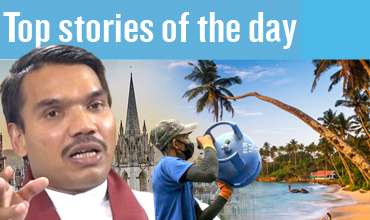
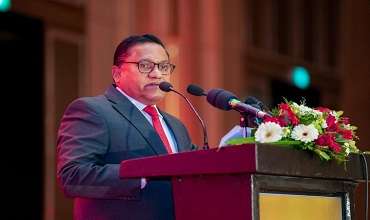
Leave Comments